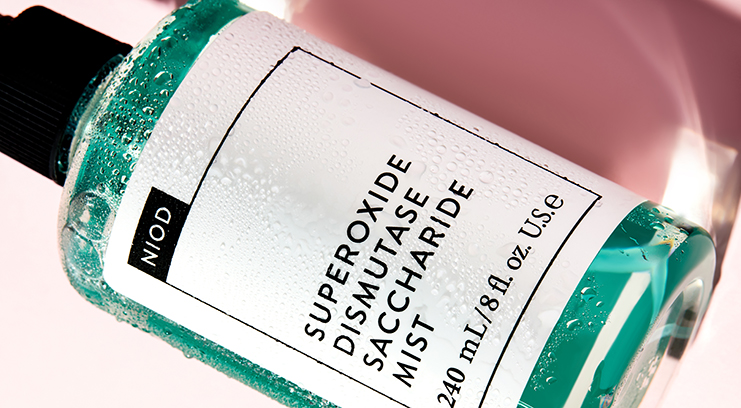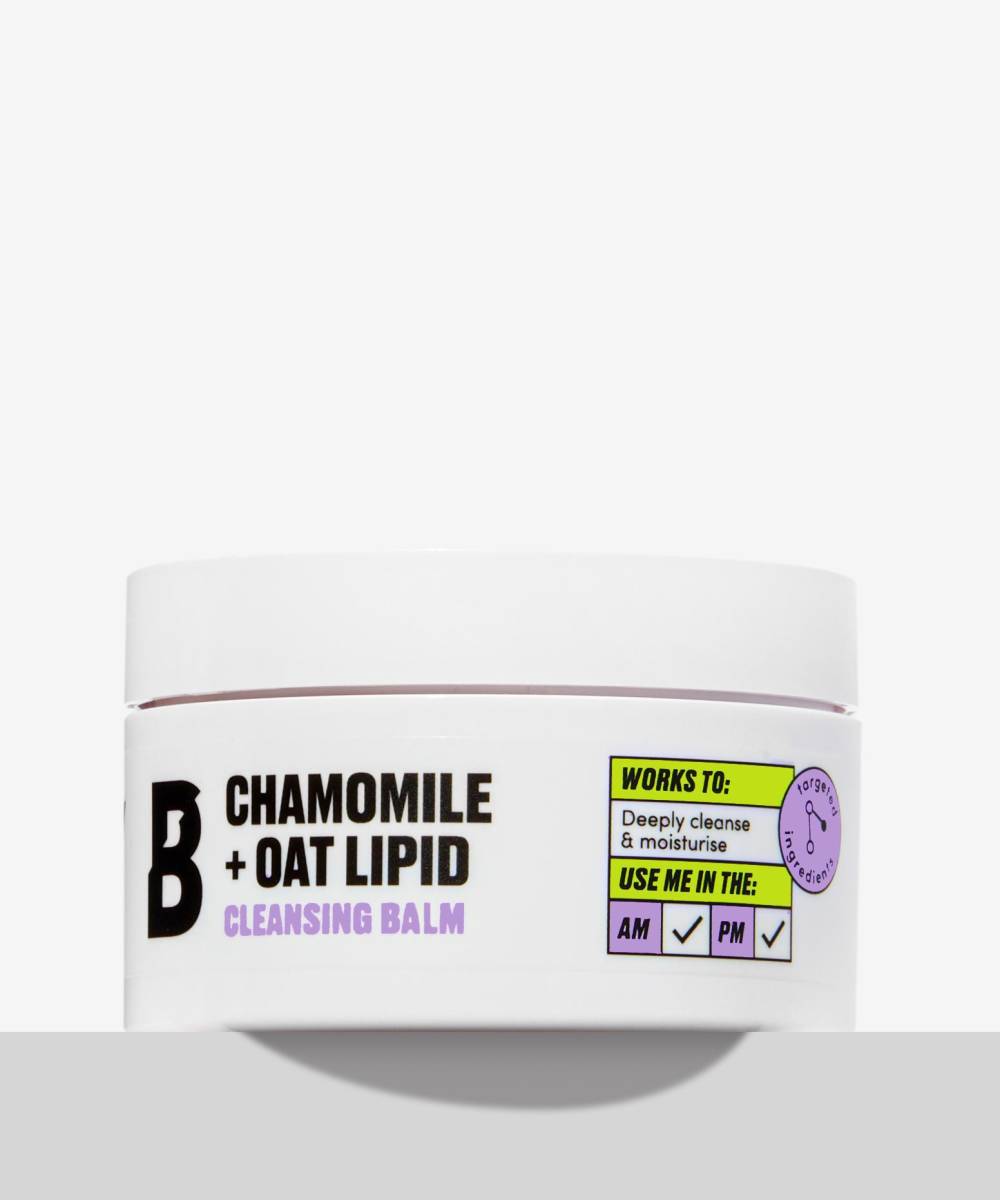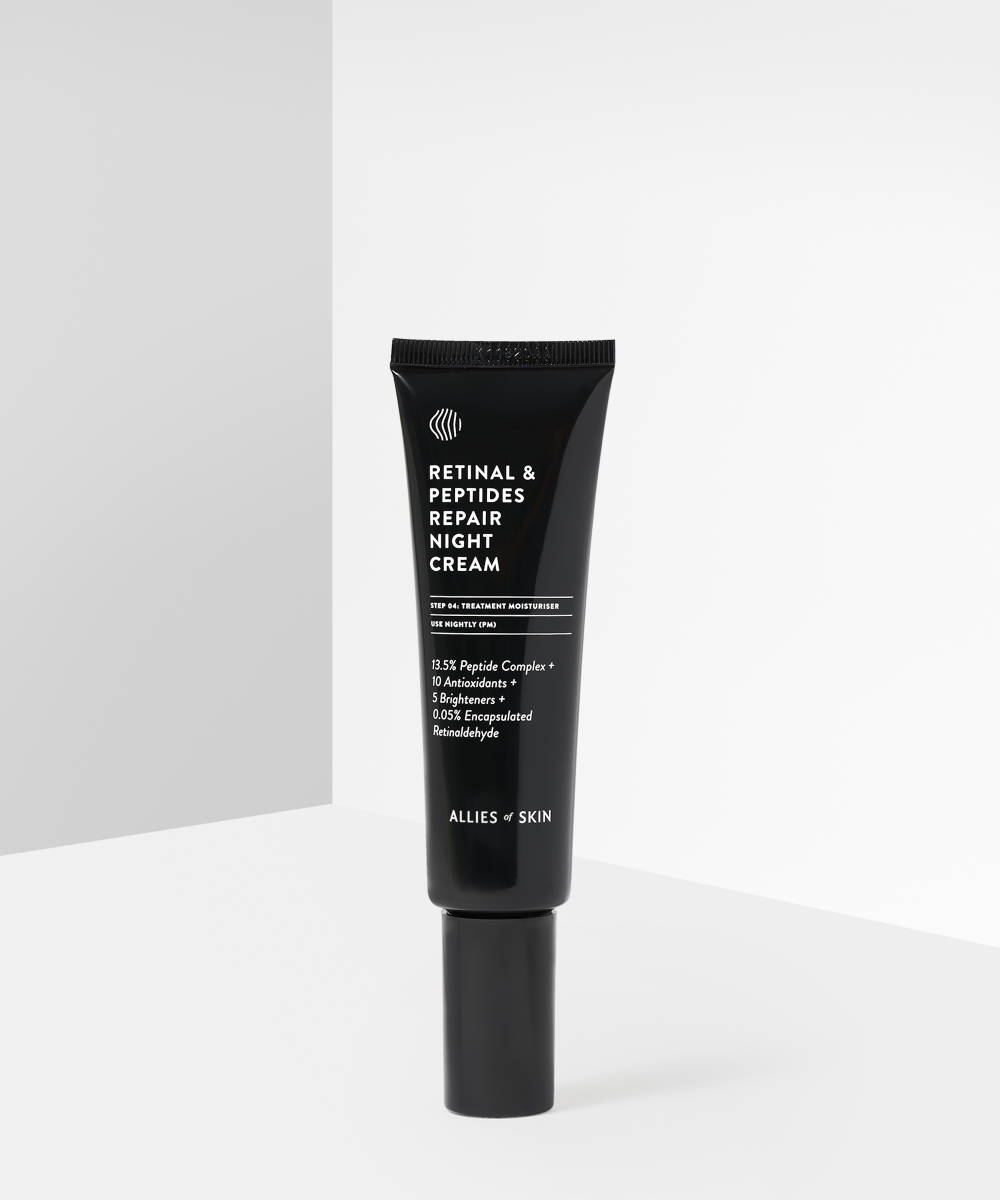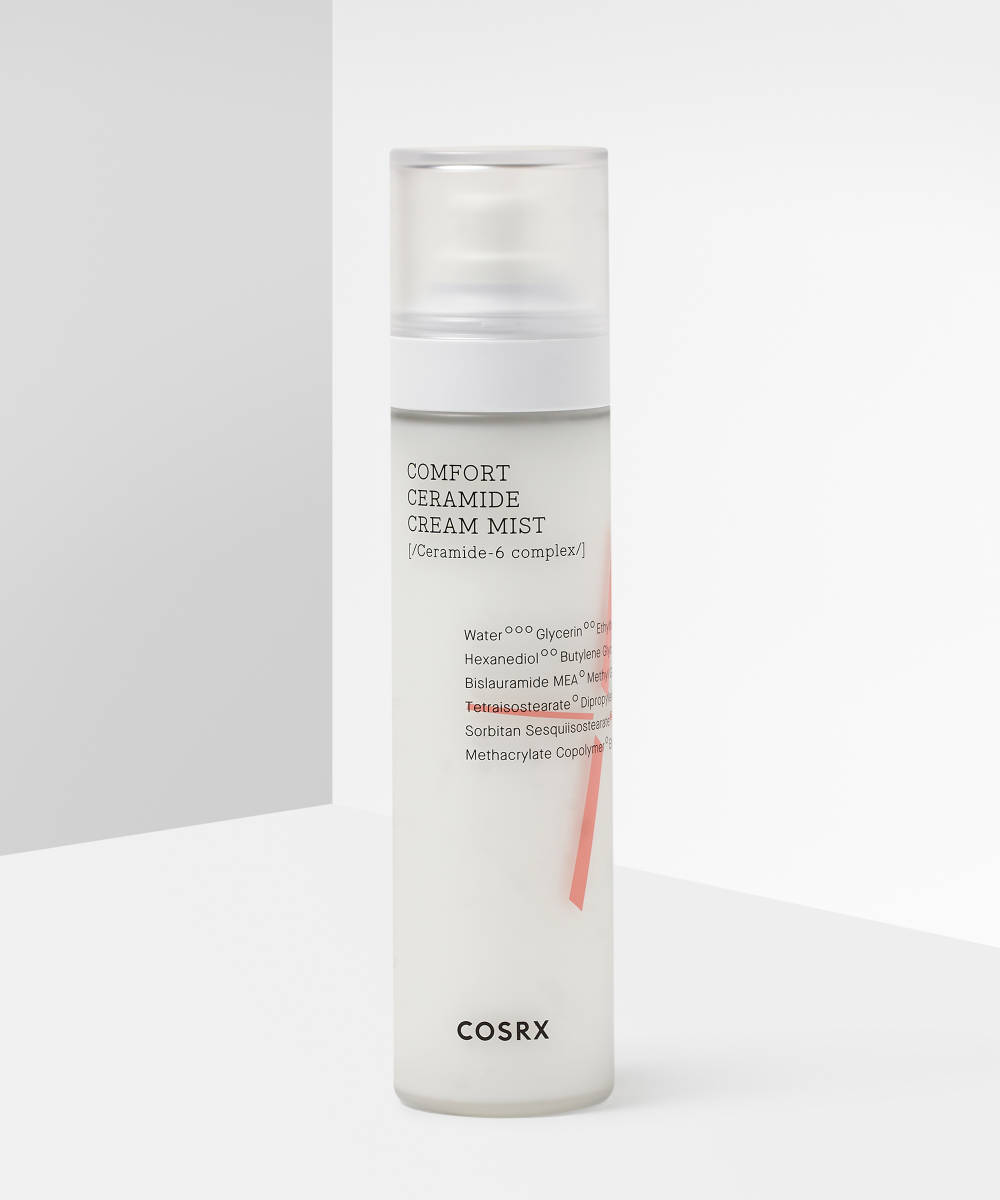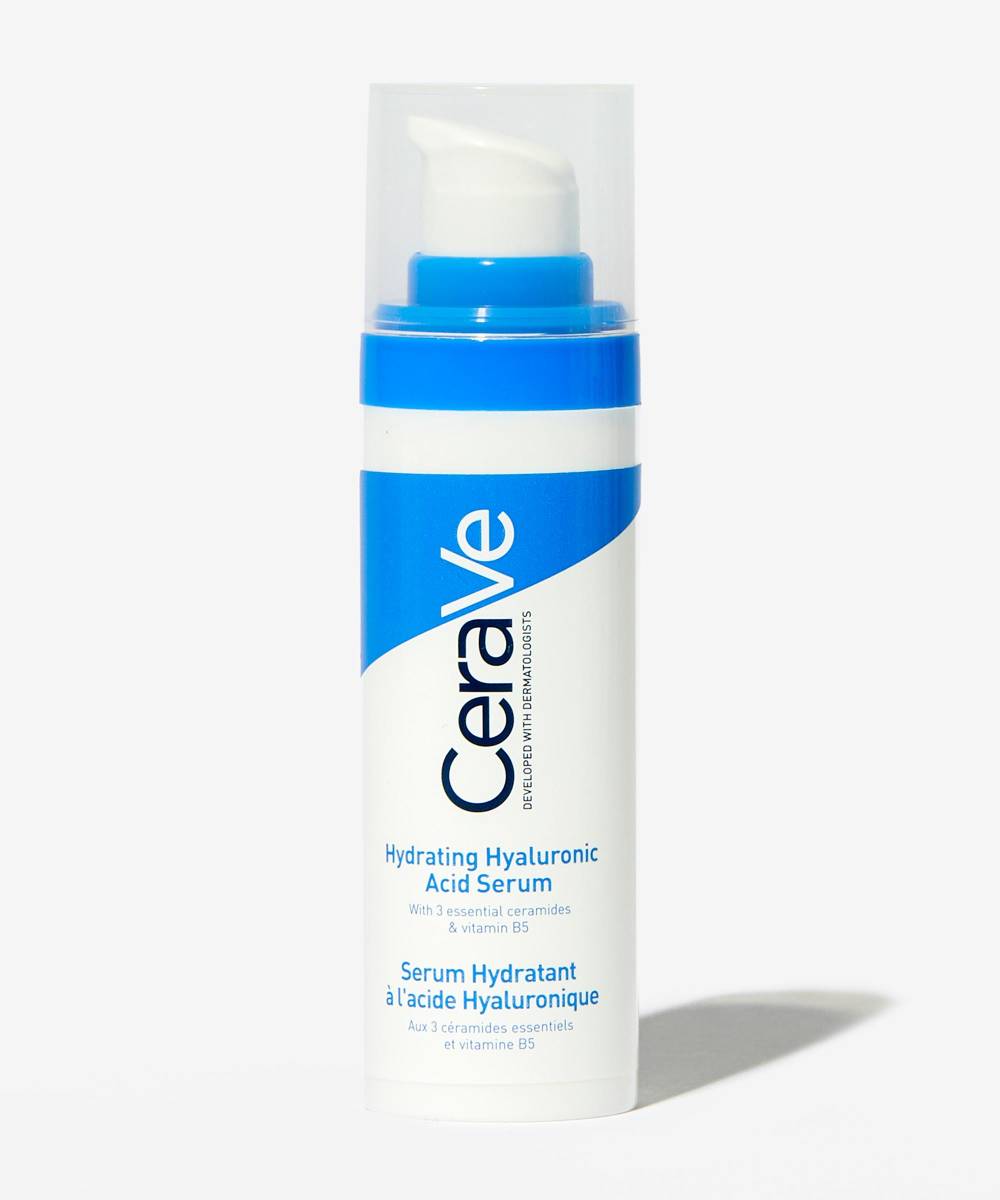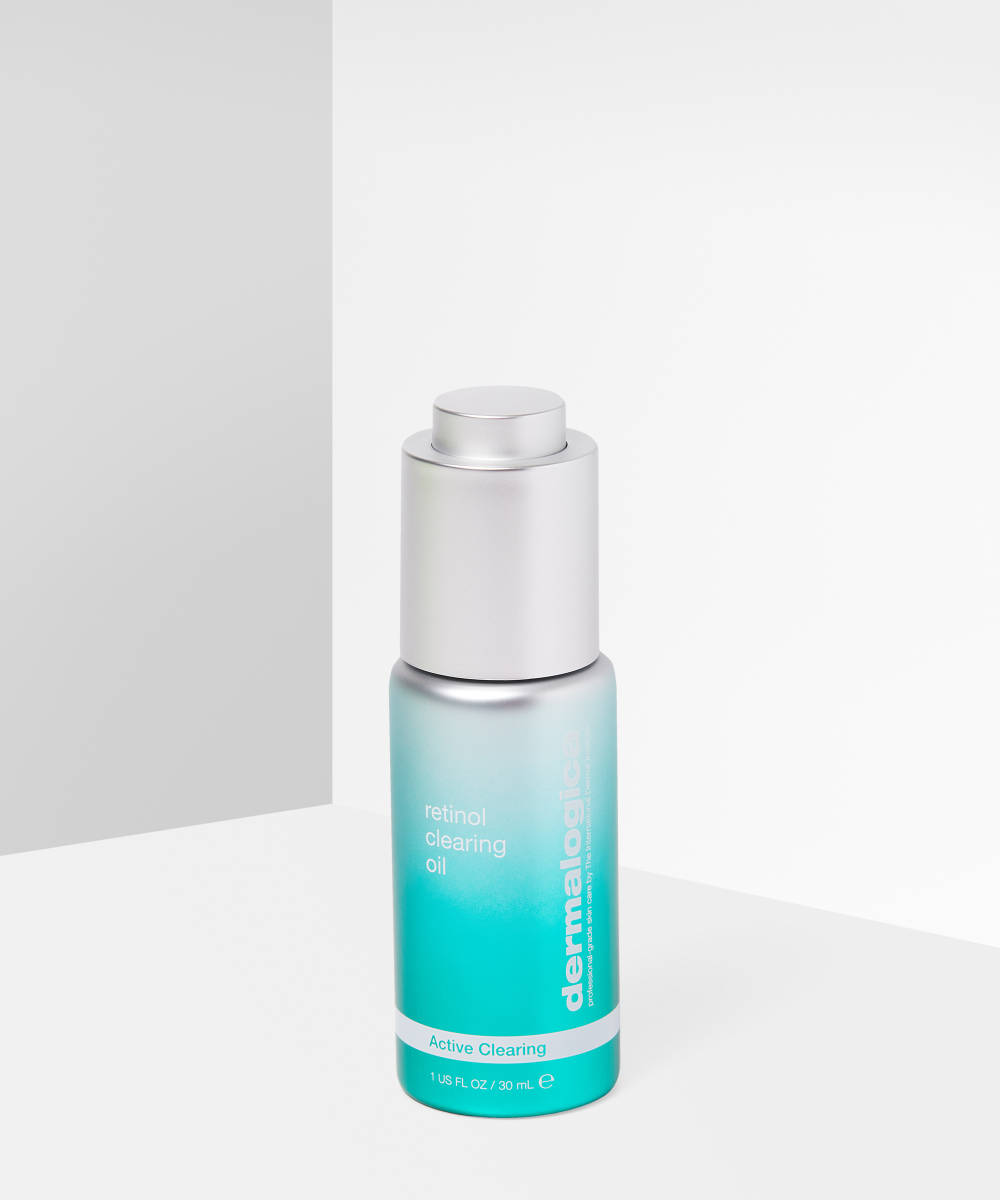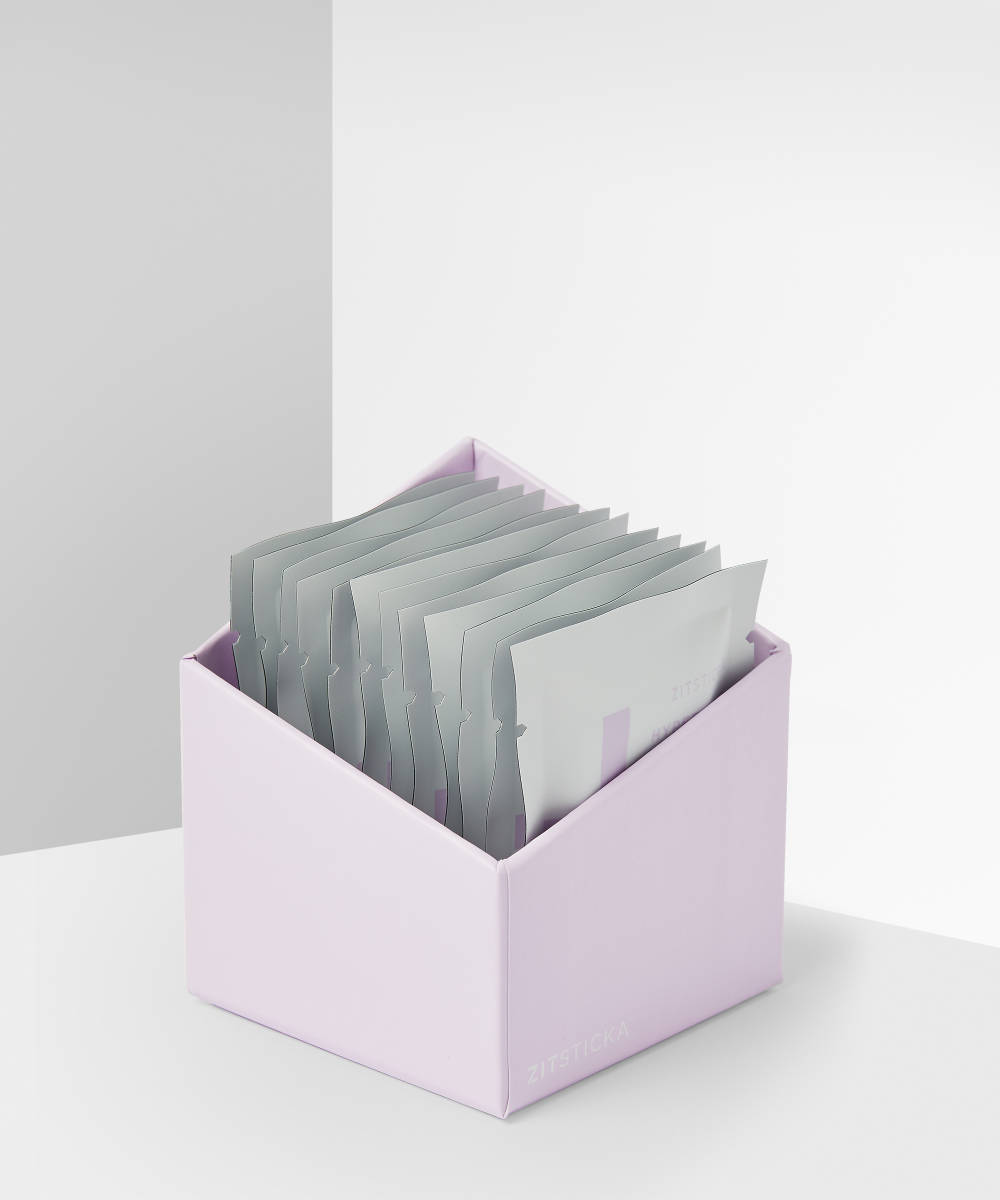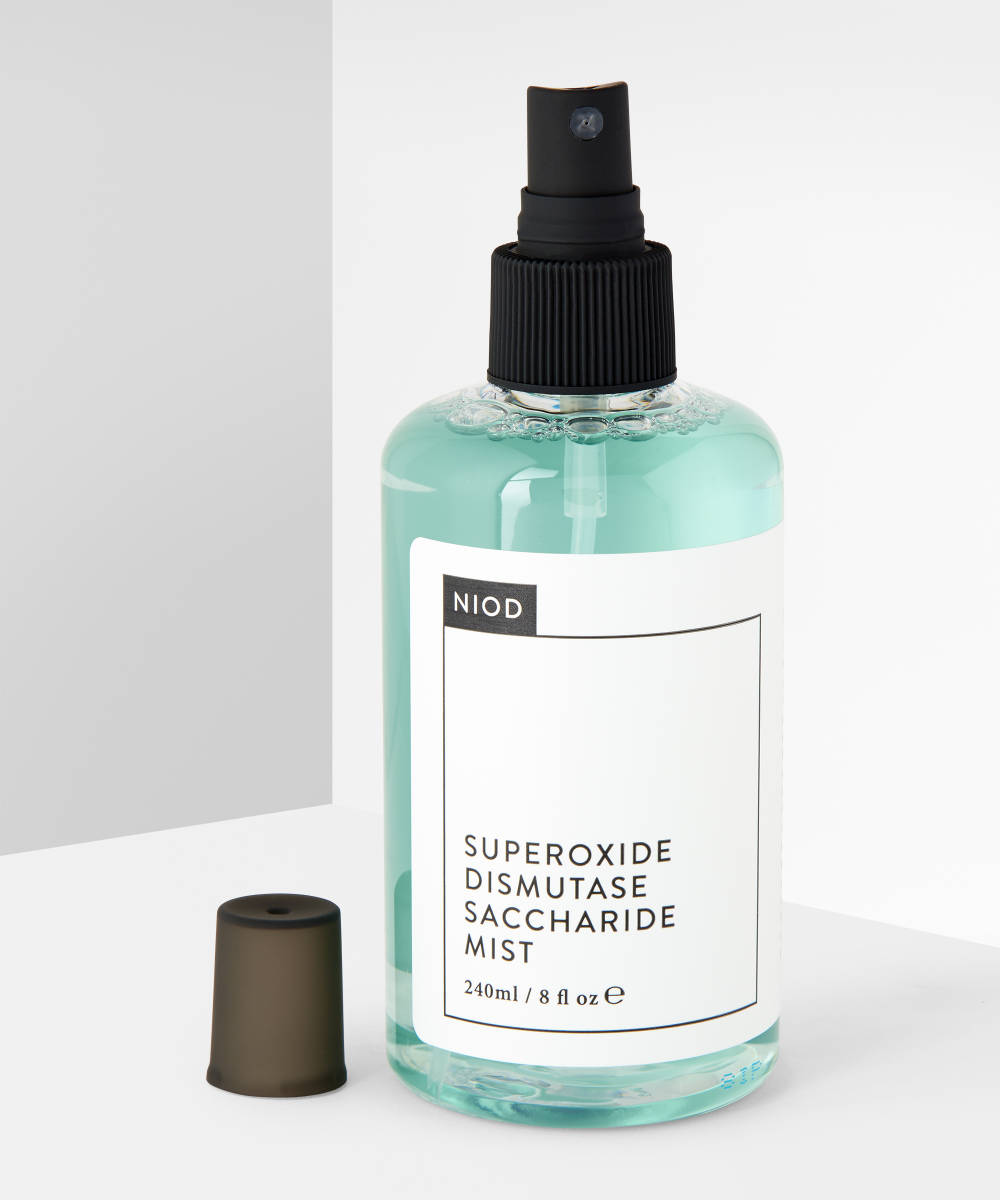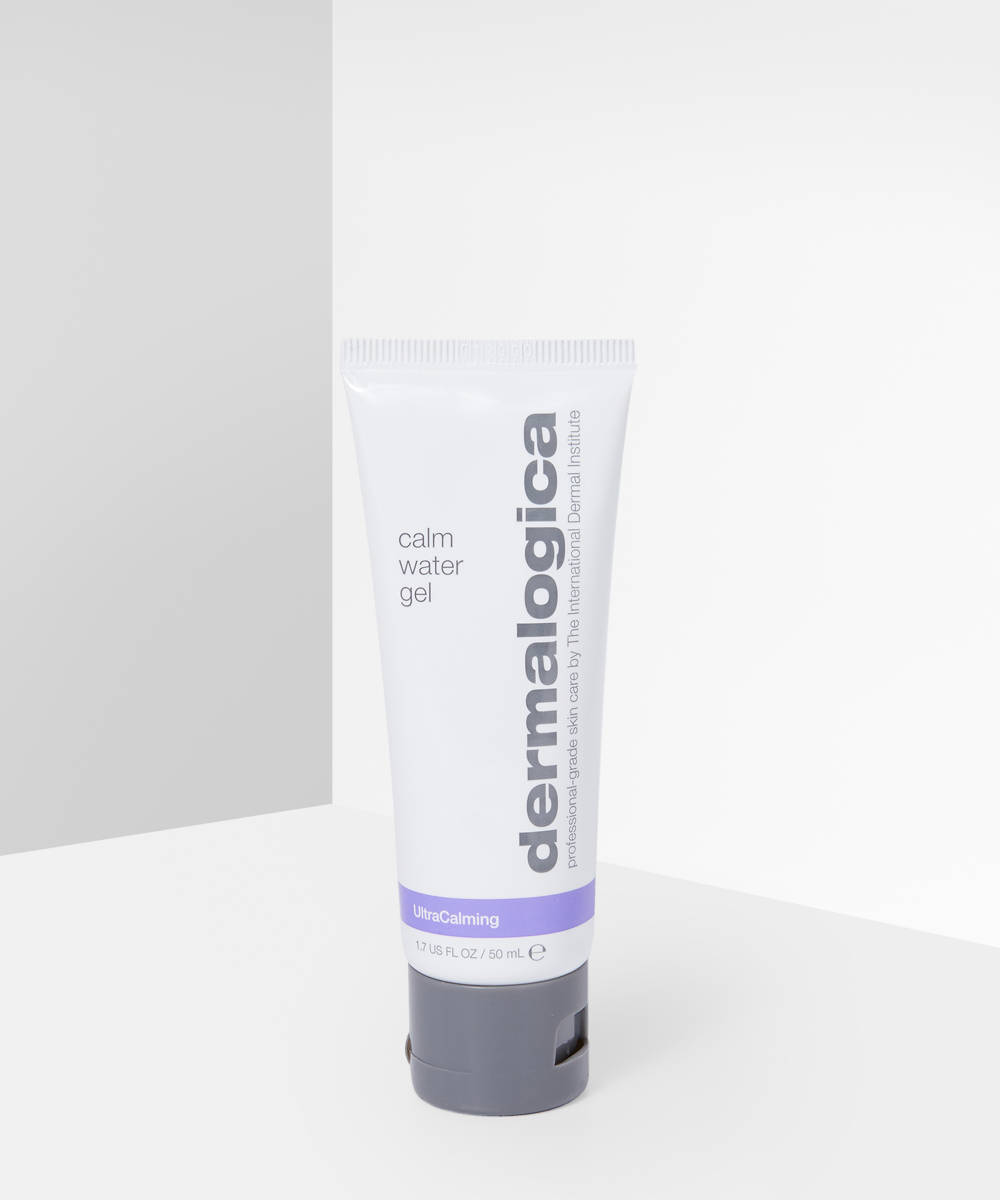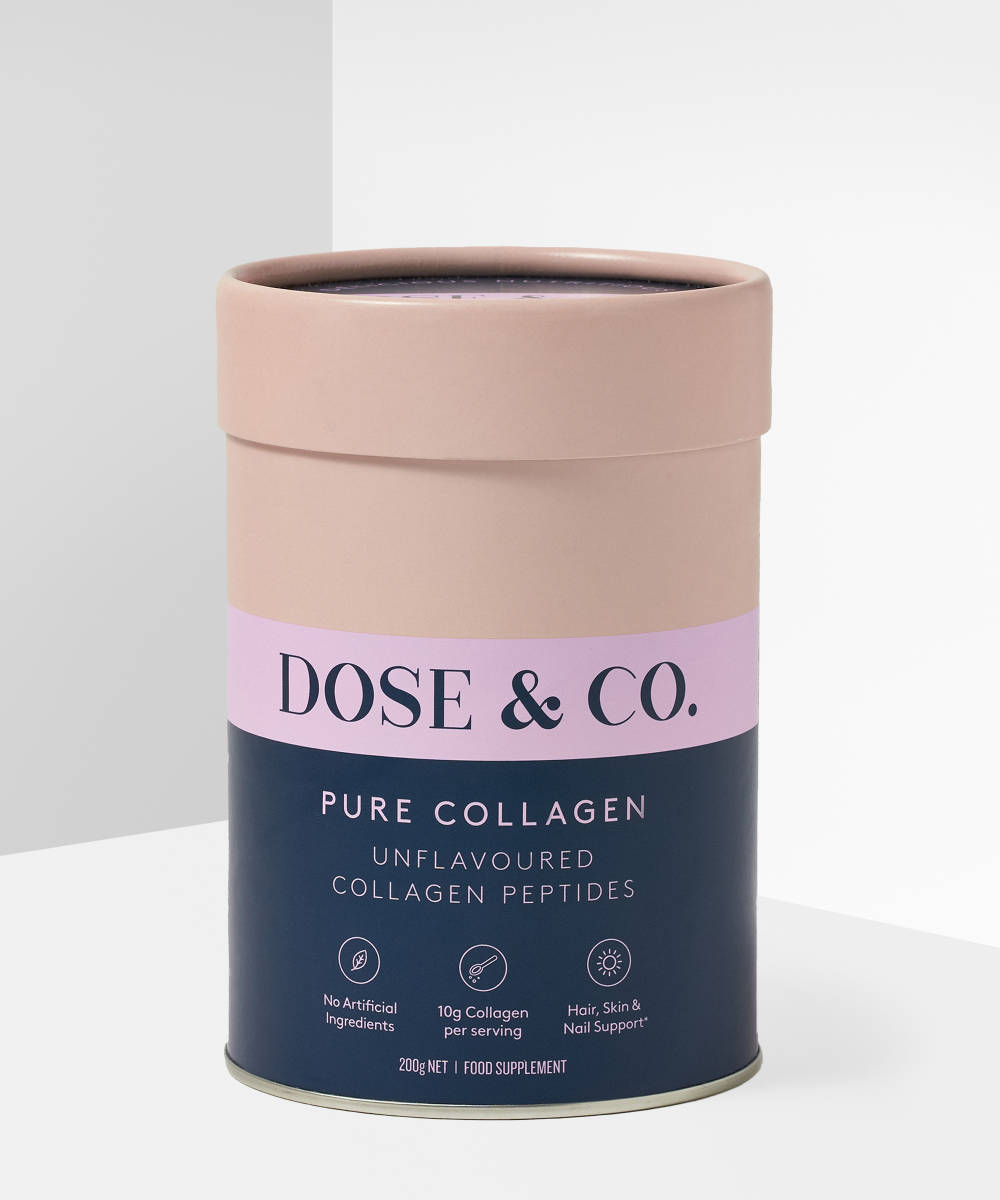Hi Grace,
I’m approaching the menopause stage and I’ve heard about how it can alter many things, including my skin. Do you have any tips on what changes I should be making, what products I should be using, and what I might expect?
Jess
When it comes to skincare, I’m a big believer in “if it ain’t broke, don’t fix it”, so firstly, if you’re not yet noticing any difference in your skin, I wouldn’t go making any changes until you need to. But equally, it’s always good to be prepared, because as we age and our hormones shift, most of us will notice a difference in our skin.
As always, it’s important to understand exactly what the body is going through in order to recognise how this translates into the changes you may notice in your skin. The menopause itself is defined as the year from the first day of your last period, but menopause symptoms may start several months or years before this – what’s known as the peri-menopause – then the time following the menopause year is called post-menopause. Typically, most women experience symptoms throughout this time, for around four to twelve years.
As we age, the balance of the body’s sex hormones begins to change. The ovaries no longer produce an egg every month, so the body stops producing so much of the hormone estrogen. As well as regulating the reproductive system, estrogen also effects things like skin texture and moisture levels, which is why some of the most common skin-related symptoms of menopause are dry and thinning skin. As estrogen levels decline, this can increase the balance of other hormones, like testosterone and progesterone, which is why some menopausal women may experience acne for the first time in their life.
I recently attended an incredibly interesting talk where dermatologist Dr Sonia Khorana (my go-to for digestible skincare advice on Instagram) spoke about menopause and its impact on skin. “The nosedive in hormones and variations in the circulation of estrogen in the body affects your body in several ways,” she explained. “The commonest symptom we hear about is skin dryness, so it’s really important during this time to look for ingredients that draw moisture into your skin.” As well as moisturising twice daily, consider adding a hydrating serum and mist into your routine, and using a cleanser that contains ingredients like glycerin and hyaluronic acid.
“There’s also a drop in collagen during this time, so you might start to notice fine lines settle in,” continues Dr Sonia. She advises introducing vitamin A (retinol), an antioxidant which not only helps to protect and repair skin from environmental damage, but also stimulates the production of collagen, helping to plump skin and therefore smooth out fine lines and wrinkles.
“A lot of people notice itchiness, as skin can become sensitised and respond unpredictably to ingredients,” says Dr Sonia. “You might notice that products you were once able to use, your skin may not like anymore.” If in doubt, keep things simple – a creamy cleanser, hydrating serum, moisturiser, and SPF will tick all the essential boxes and help to calm things down. Then you can introduce new products on a one-in-one-out basis in order to figure out what your skin can and can’t tolerate.
One of the more frustrating symptoms of menopause can be the onset of adult acne. “Acne and rosacea are actually quite common,” says Dr Sonia. “I see a lot of adult acne in menopausal women and hot flushes themselves can trigger rosacea and increase redness.” If this is something you experience, check out Dermalogica’s Active Clearing range, which is formulated to simultaneously treat both adult acne and signs of skin aging. It consists of seven products, in which you’ll find active ingredients including retinol and niacinamide, which have benefits for congested skin as well as for other menopausal symptoms like dryness, fine lines, and pigmentation. According to Dr Sonia, pigmentation is one of the most common symptoms of menopausal skin in women with darker skin tones, alongside with discolouration and melasma. She recommends using kojic acid as it helps to inhibit the production of excess pigment. You can find it in Mario Badescu’s Whitening Mask and Zitsticka’s Hyperfade patches.
Most importantly, remember that when you hit menopause, you won’t be alone – at any given time, a third of the female population are going through menopause, and you can always reach out to your health professional for advice about how to negotiate this next phase of your life. There’s a definite lack of information out there, but for what it’s worth, I’m confident that this subject will follow in the footsteps of other broken taboos and get more airtime in the beauty industry going forwards.
Grace's Top Product Picks For Menopausal Skin
If you have a question for our resident beauty editor Grace Day, tweet us at @beautybay using the hashtag #AskGrace for a chance to be featured.
